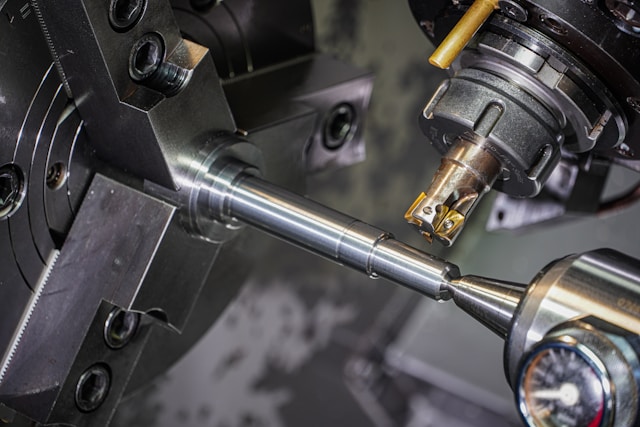Plastic and Heart Health: A Hidden Risk?
Emerging research raises concerns about a potential link between consuming food from plastic containers and an increased risk of heart failure. A recent study, combining human observations with laboratory experiments on rats, suggests that leached chemicals from plastic may trigger harmful bodily changes, ultimately affecting cardiovascular health.
The Gut-Heart Connection
At the core of the issue is gut microbiota disruption. When food is stored or heated in plastic containers—especially those not designed for high temperatures—chemicals can migrate into the food. Once ingested, these chemicals can alter gut microbiota composition. In rat experiments, this alteration was significant, reducing beneficial bacteria while increasing harmful strains linked to inflammation.
From Gut Imbalance to Heart Damage
Further examination of the rats’ heart tissue revealed troubling signs. Microscopic analysis showed inflammatory cell infiltration, swollen mitochondria, and indicators of oxidative stress. These findings suggest that gut changes are not isolated; they trigger systemic effects that reach the heart. The altered gut environment fuels inflammation, leading to heart tissue damage.
Safer Choices for a Healthier Future
This research highlights the importance of food storage and heating practices. Choosing non-plastic alternatives like glass, stainless steel, or ceramic can help minimize exposure to potentially harmful chemicals. The observed gut microbiota changes and subsequent cardiac damage underscore the need for further investigation into the long-term effects of plastic exposure on human health.







